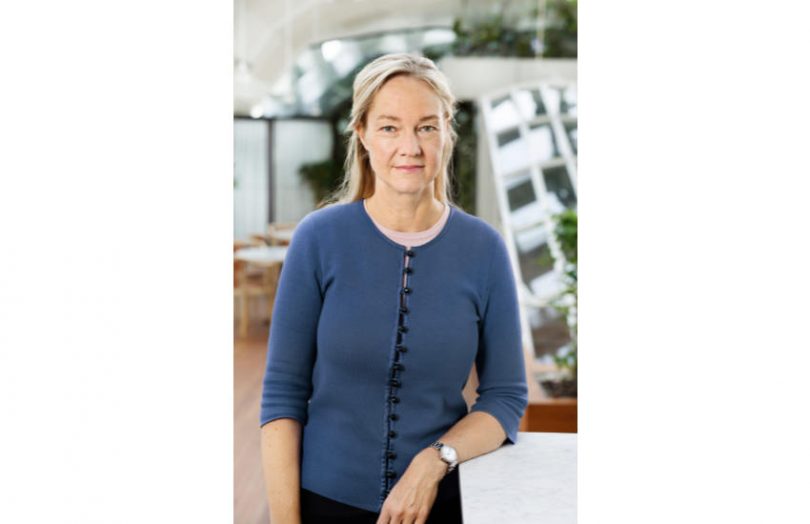Today the Bank for International Settlements (BIS) announced that Cecilia Skingsley, currently the First Deputy Governor of Sweden’s Riksbank, will lead the BIS Innovation Hub. She’s taking the place of Benôit Cœuré, the founding leader of the initiative who was appointed to head the French Competition Authority in December. Skingsley will join the BIS in September for a five-year term.
While the Innovation Hub is exploring six themes, including green finance and regtech, central bank digital currency (CBDC) is the most prolific, with five active projects. These include three cross border CBDC projects, the Multi-CBDC Bridge, Project Dunbar and Project Jura, as well as two domestic CBDC initiatives in Hong Kong and Project Helvetia in Switzerland.
Meanwhile, Cecilia Skingsley has been heavily involved in the Riksbank’s CBDC research since the early days. She joined Riksbank in 2013 from Swedbank, where she was Chief Economist and led FX & Fixed Income research for six years. Prior to that, she was a financial journalist at Sweden’s business newspaper Dagens Industri.
“In partnership with central banks, BIS is establishing a presence in eight locations around the world, in order to deepen the analysis of technical financial innovations and develop technical services relevant to central banks,” said Cecilia Skingsley. “I look forward to working with my colleagues around the world to continue to drive and develop this work.”
So far, the BIS has opened five Innovation Hubs in Hong Kong SAR, London, Singapore, Stockholm (for the Nordic countries), and Switzerland. Toronto and two offices for the European hub are expected to open this year. And there’s a strategic partnership with the U.S. Federal Reserve.






